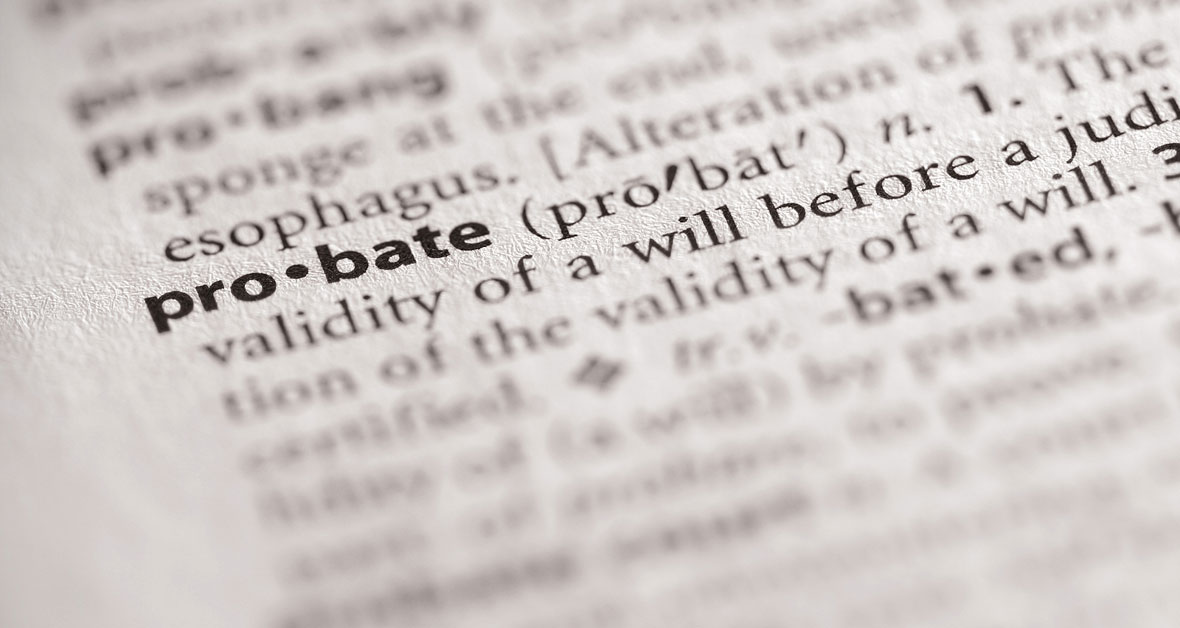Many clients come to the estate planning process having heard about revocable trusts, and have questions about whether a trust is right for them. This article explains how a trust helps to avoid probate, and may help you decide if a trust is right for you.
Probate and Non-Probate Property
When a person dies, their property falls into one of two categories: probate property, and non-probate property. Non-probate property is property that passes easily at death. For example, an IRA with a proper beneficiary designation passes simply and is considered non-probate property.
Another example of non-probate property is a home where a husband and wife are joint tenants. At the death of the first spouse, the house easily passes to the surviving spouse because the joint tenancy includes “rights of survivorship.”
After the death of the first spouse, the survivor is the sole owner and the house is now probate property. Until their death, the survivor has the authority to transfer the house. However, after the survivor’s death, there is nobody with the authority to transfer the house. The house is probate property because a probate is required for a sale or transfer.
Probate is the process of appointing a “personal representative” with the authority to administer probate property. The person fills out paperwork asking the court to appoint them as personal representative. The personal representative uses their authority over the estate to administer property according to the will or state statutes. The process of administering the estate is called a probate, can be expensive, and can take between 6 and 12 months.
Revocable Trusts
A revocable trust can eliminate the need for a probate by automatically transferring authority.
When clients create a trust, they are the trustees for their lifetime. A trustee is the person with the authority to manage trust property. The clients transfer title to their assets to the trust, but retain control over their assets as trustee.
They also name a successor trustee who takes over after their death. The successor trustee can immediately access accounts, sell, or distribute property. Unlike a probate, the transfer of authority is automatic, and does not involve a court or personal representative, making a revocable trust a common probate avoidance tool.
Despite that, not every client will need a trust. It is important to look at your specific situation, and weigh the cost of the trust against the benefit of avoiding probate. The answer will be different for each client.
The above article appeared in the March 2021 Hudson Neighbors magazine.

